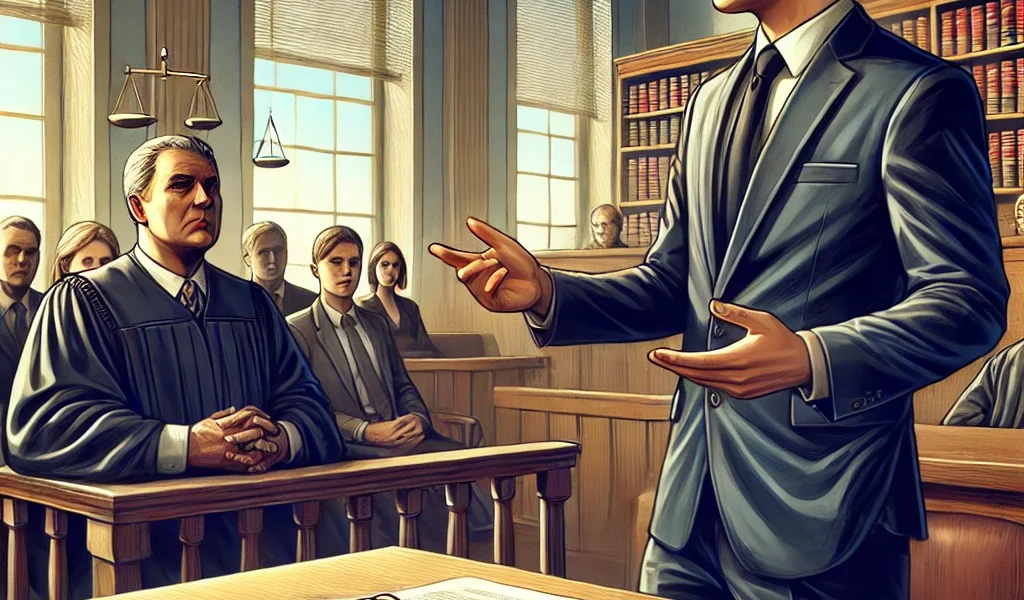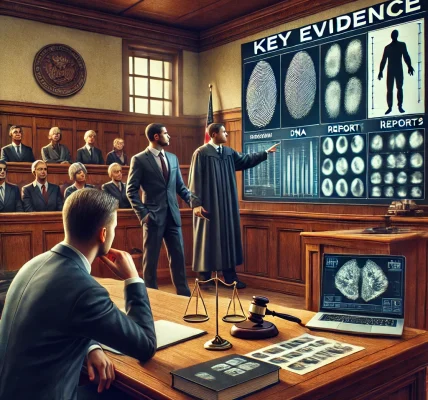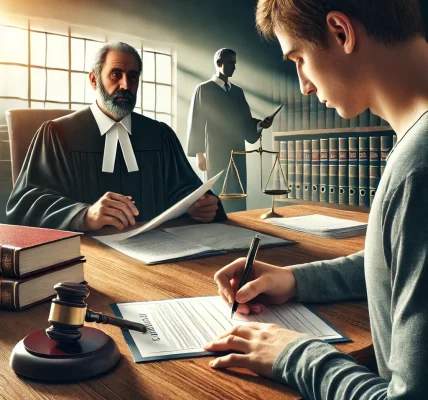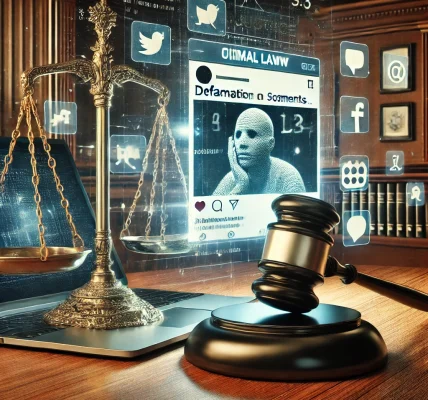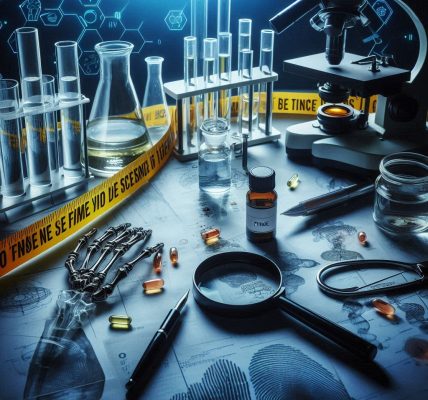Introduction
When faced with criminal charges, securing legal representation is not just an option—it is a necessity. A criminal case can have severe consequences, including imprisonment, hefty fines, and a lasting criminal record. Having an experienced criminal defense attorney can make a significant difference in the outcome of the case. This article discusses why legal representation is crucial in criminal cases, the role of a defense attorney, and how they help protect an accused person’s rights.
1. Understanding the Role of a Criminal Defense Lawyer
A criminal defense lawyer specializes in defending individuals accused of crimes. Their primary responsibilities include:
- Providing legal advice and guidance.
- Investigating the case and gathering evidence.
- Negotiating with prosecutors for plea deals.
- Representing the defendant in court.
- Ensuring that the defendant’s rights are not violated.
2. Why Legal Representation is Essential
A. Knowledge of the Law and Legal Procedures
The legal system is complex, and without proper legal knowledge, a defendant may struggle to understand their rights, possible defenses, and court procedures. A criminal defense attorney has expertise in the law and can navigate the complexities of legal proceedings.
B. Protection of Legal Rights
Law enforcement officials and prosecutors are trained to build cases against accused individuals. Without an attorney, a defendant may unknowingly waive their rights or make self-incriminating statements. A lawyer ensures that their client’s constitutional rights are upheld, such as:
- The right to remain silent.
- The right to a fair trial.
- The right to due process.
C. Case Investigation and Evidence Gathering
Attorneys conduct independent investigations to uncover evidence that can support the defendant’s case. They:
- Interview witnesses.
- Examine police reports and forensic evidence.
- Challenge illegally obtained evidence.
- Work with private investigators and experts.
D. Negotiating Plea Deals
Many criminal cases do not go to trial. Instead, they are resolved through plea bargaining, where the defense and prosecution reach an agreement. A skilled lawyer can negotiate for reduced charges, lesser sentences, or alternative penalties such as probation or community service.
E. Courtroom Representation and Advocacy
If a case goes to trial, a lawyer plays a critical role in defending the accused by:
- Presenting legal arguments and evidence.
- Cross-examining witnesses.
- Objecting to improper prosecution tactics.
- Delivering persuasive closing arguments.
3. Consequences of Not Having Legal Representation
A defendant who chooses to represent themselves (pro se) faces significant risks, such as:
- Lack of legal expertise: Without an understanding of legal procedures, the accused may make mistakes that weaken their case.
- Harsher penalties: A person without legal representation is more likely to receive a severe sentence.
- Missed opportunities for defense: Without a lawyer, an accused person may fail to identify legal loopholes that could lead to case dismissal or acquittal.
4. How to Choose the Right Criminal Defense Lawyer
A. Experience and Expertise
Choose an attorney with experience in handling similar criminal cases. Look for lawyers specializing in:
- DUI and drug offenses.
- Assault and violent crimes.
- White-collar crimes.
- Juvenile offenses.
B. Reputation and Track Record
Research the attorney’s reputation through:
- Client reviews and testimonials.
- Bar association records.
- Case success rates.
C. Communication Skills
A good lawyer should:
- Keep clients informed about case progress.
- Explain legal terms in a simple way.
- Be responsive to questions and concerns.
D. Legal Fees and Affordability
Legal representation can be expensive, but many lawyers offer:
- Free initial consultations.
- Payment plans.
- Pro bono services for those who qualify.
5. Alternatives if You Can’t Afford a Lawyer
If hiring a private lawyer is not an option, consider:
- Public defenders: Court-appointed attorneys provided for those who cannot afford private legal representation.
- Legal aid organizations: Non-profits that offer free or low-cost legal services.
- Law school clinics: Law students supervised by experienced lawyers who provide legal assistance.
Conclusion
Legal representation is crucial in criminal cases as it ensures the protection of rights, access to fair trials, and the best possible defense. Without a lawyer, defendants risk severe consequences that could impact their future. If you or someone you know is facing criminal charges, seeking the assistance of a qualified criminal defense attorney is the best decision to secure a favorable outcome.
